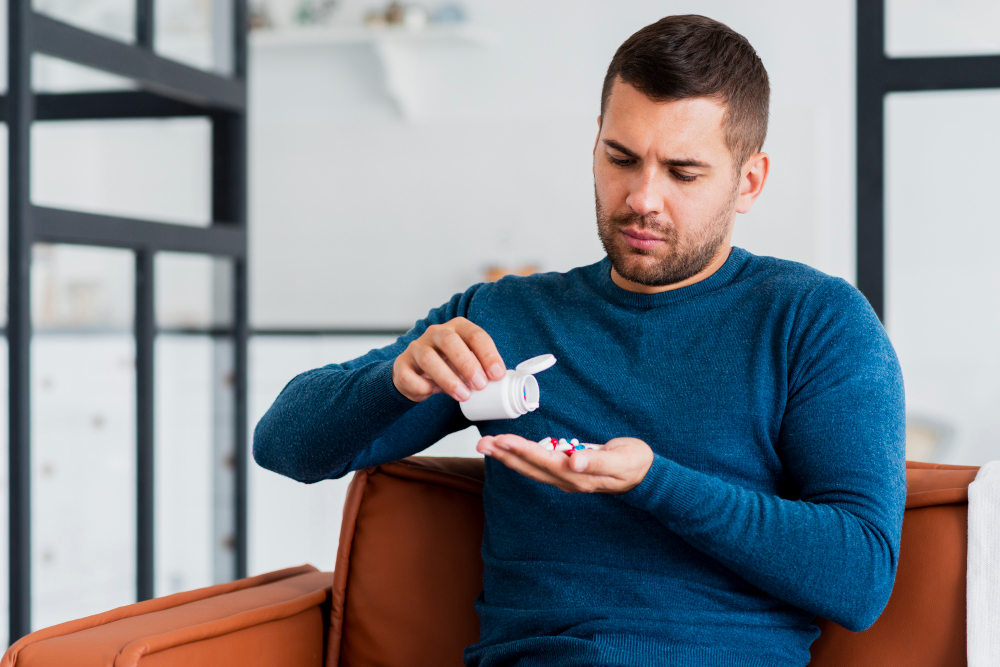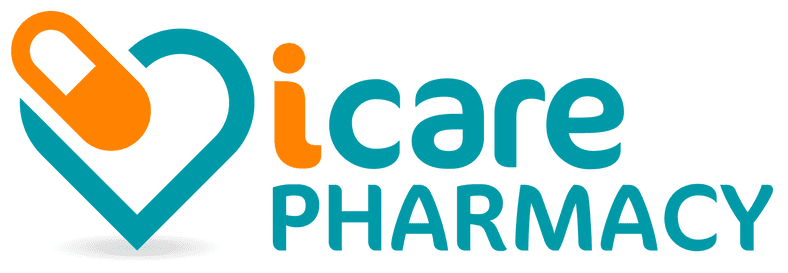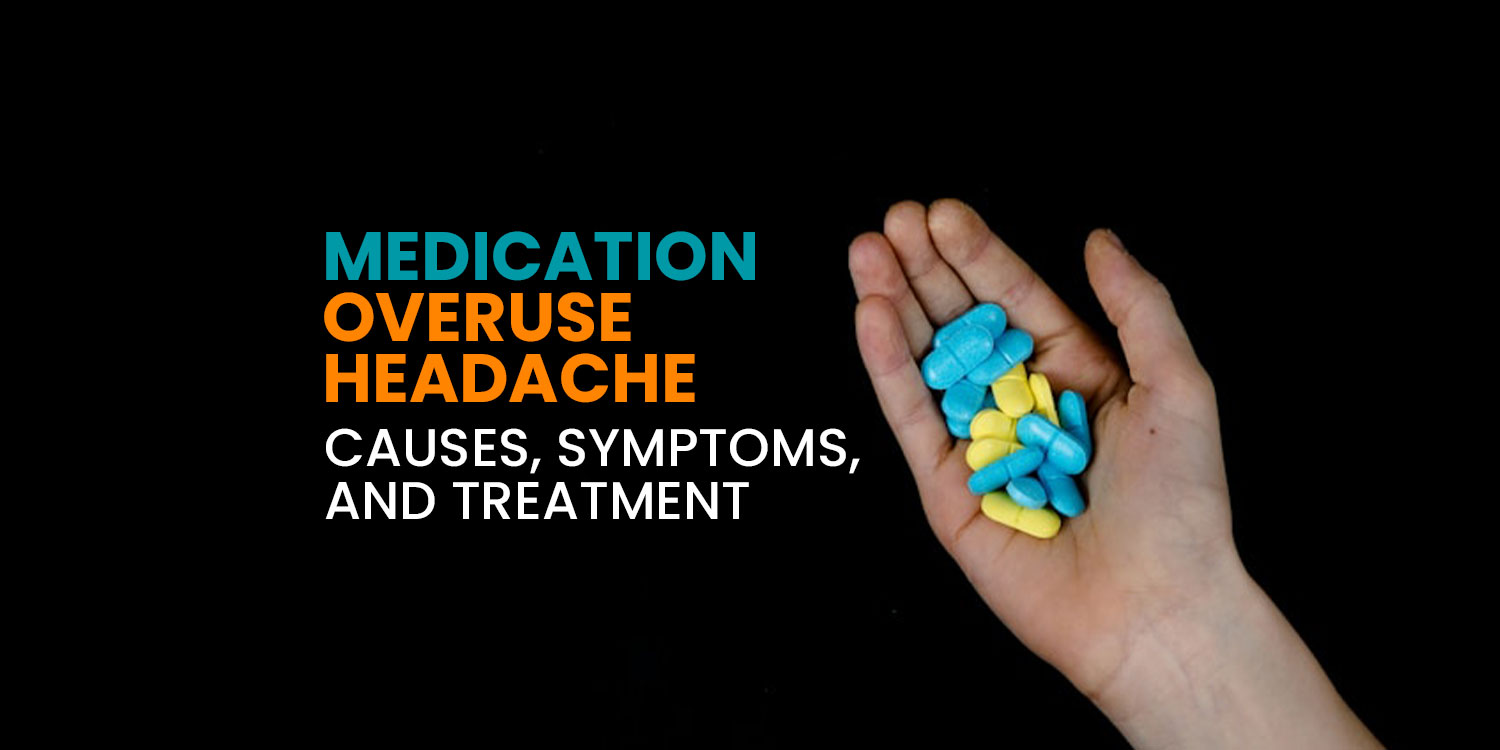What Exactly is a Medication Overuse Headache?
Have you ever taken medication for a headache only to find that your headaches are becoming more frequent and persistent? If so, you might be experiencing a medication overuse headache (MOH)—a condition where the very treatment for headaches ends up causing them.
What is a Medication Overuse Headache?
Medication overuse headache, also called rebound headache, occurs when pain-relieving medications are taken too frequently, leading to a cycle of chronic headaches. These headaches are particularly common in individuals using medications like acetaminophen (Tylenol), aspirin, ibuprofen, triptans, or opioids more than two or three times per week over an extended period.
The irony of MOH is that while these medications initially provide relief, their overuse alters the brain’s pain-processing pathways, making the headaches more frequent and harder to treat. Over time, the body becomes dependent on the medication, and missing a dose can trigger a withdrawal-like headache.

Symptoms of Medication Overuse Headaches
MOH typically presents as a daily or near-daily headache that:
- Occurs first thing in the morning (often waking you up from sleep)
- Feels similar to the original headache but is more persistent
- Worsens when pain medication wears off
- Becomes resistant to standard treatment
The intensity can vary, but the defining characteristic is that the headache worsens when medication use is continued.

Breaking the Cycle: Finding Relief
The most effective way to treat MOH is to gradually reduce and ultimately stop the overused medication. While this can be challenging, the long-term benefits outweigh the short-term discomfort. Here are some strategies:
- Consult a Healthcare Provider – Never stop medication suddenly, especially if you’re using opioids or high-dose triptans. A healthcare professional can guide you through a safe withdrawal plan.
- Identify Alternative Pain Management Strategies – Lifestyle changes, such as improved sleep, hydration, stress management, and dietary modifications, can help prevent headaches.
- Use Preventive Medications – Some patients benefit from prescribed preventive medications such as beta-blockers, antidepressants, or CGRP inhibitors for chronic migraines.
- Set a Limit on Acute Medication Use – Try to limit pain relievers to no more than twice per week to avoid triggering MOH.
- Consider Behavioral Therapy – Cognitive-behavioral therapy (CBT) and biofeedback techniques can help manage headache triggers and reduce dependency on medication.

Final Thoughts
While it may seem counterintuitive, reducing medication use is often the key to breaking the cycle of chronic headaches. The transition period may be uncomfortable, but the long-term benefits of regaining control over your headaches and reducing their frequency make it worthwhile.
If you suspect you’re experiencing medication overuse headaches, talk to a healthcare professional to develop a safe and effective treatment plan. Your brain (and head) will thank you for it!

References
- Diener, H. C., Holle, D., Solbach, K., & Gaul, C. (2016). Medication overuse headache: Risk factors, pathophysiology, and management. Nature Reviews Neurology, 12(10), 575-583.
- Saper, J. R., Da Silva, A. N., & Dodick, D. W. (2021). Medication-overuse headache: Mechanisms and treatment strategies. The Lancet Neurology, 20(11), 881-892.
- Silberstein, S. D. (2019). Preventive treatment of migraine and medication-overuse headache. Continuum: Lifelong Learning in Neurology, 25(4), 1102-1116.
- Headache Classification Committee of the International Headache Society (IHS). (2018). The International Classification of Headache Disorders, 3rd edition. Cephalalgia, 38(1), 1-211.




